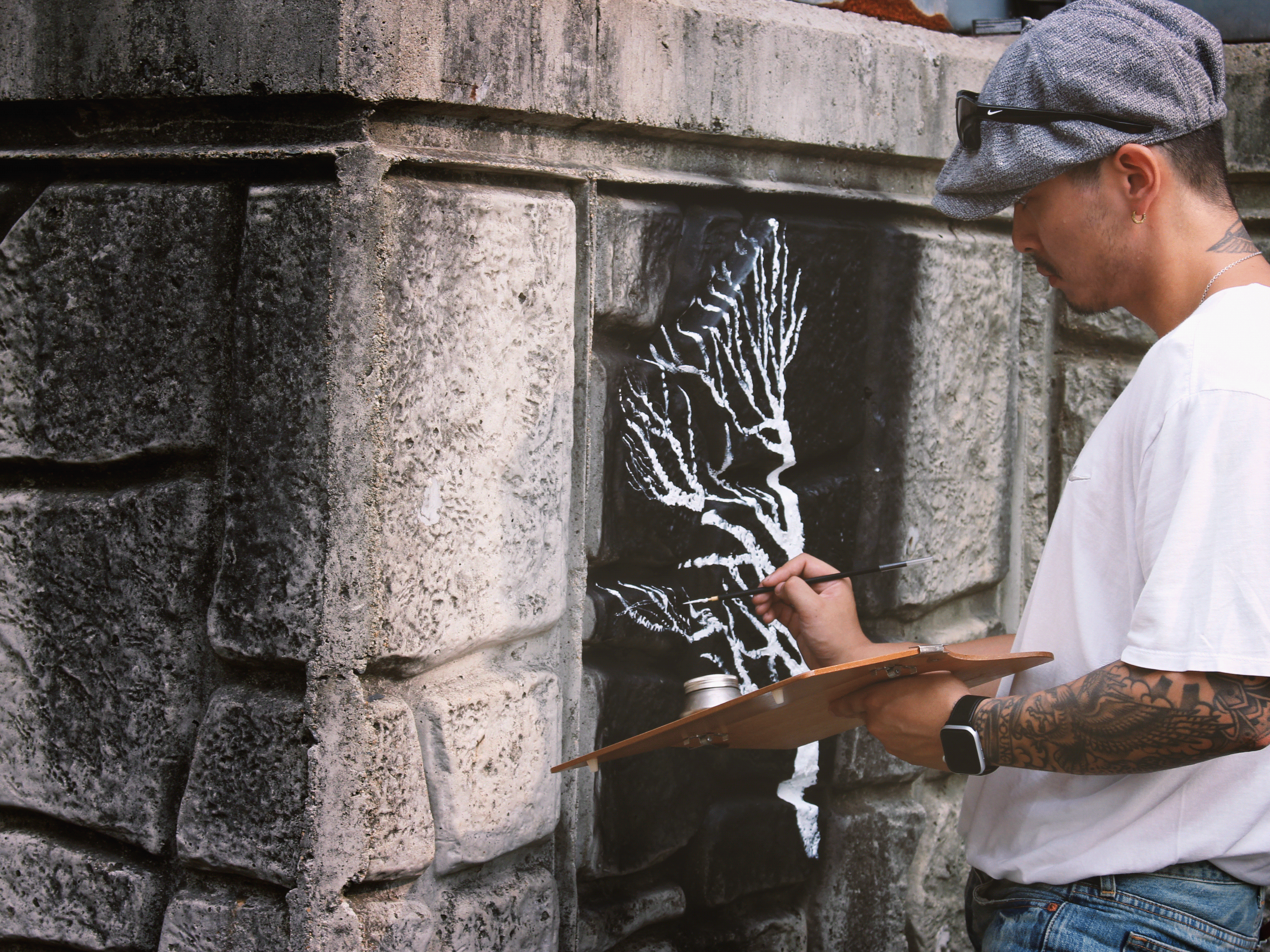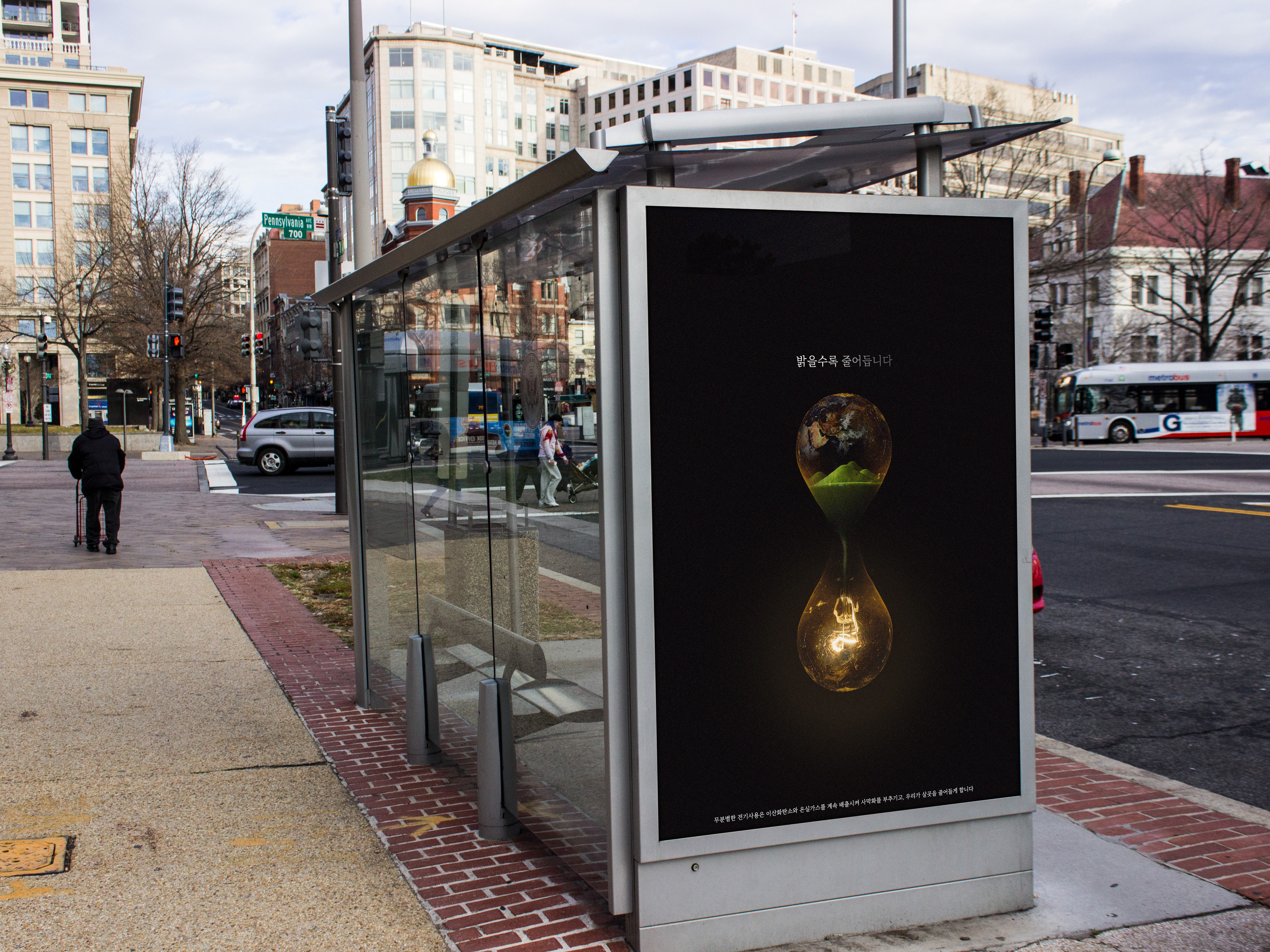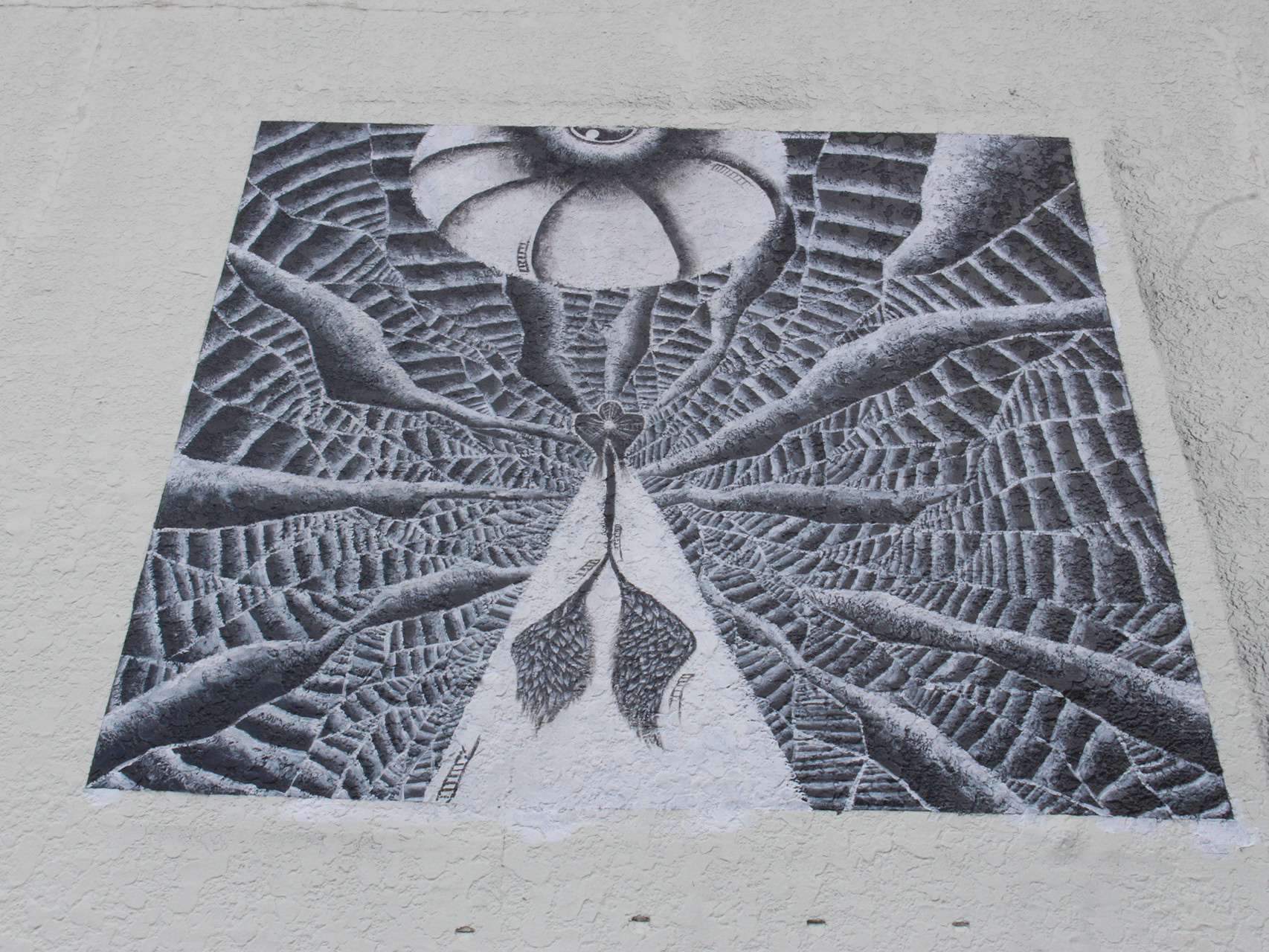Z
2023, oil on canvas, 91cm x 116.7cm, Korea, HanSaem
이곳에는 어울리지 않는 그,
정확한 시대에 알맞은 배경에 존재했었으면 그는
영웅이자, 이름을 남기거나.
하지만 어울리지 않는 곳에 있음으로 그는
이곳에서의 사람들에겐 미친사람, 부적응자로 낙인찍힌다
그의 손에 들려있는 전설적 성검이
도시속 불빛들로 인해 전혀 특별함을 뿜어내지 못하고
빛바래 보인다.
"Z" depicts a lone figure walking through a bustling, modern city. The person carries a legendary holy sword, once powerful and symbolic of heroism, but under the artificial glow of city lights, the sword appears faded and ordinary. The figure feels alienated and out of place in the city, surrounded by people and structures that dismiss or overlook their presence. The vibrant, overwhelming urban environment contrasts with the figure's quiet, solitary demeanor, emphasizing their disconnection from the world around them. This work uses stark contrasts in light and shadow, with the city portrayed in sharp, modern lines, and the figure blending into the background, almost invisible to the bustling crowd. The sword, though once representing power or purpose, has lost its grandeur in the context of a world that no longer values or recognizes such attributes. The urban environment is portrayed with cold, artificial lighting, further highlighting the alienation of the central character.
Hansaem uses "Z" to explore the theme of displacement. The figure in the painting, who would have been seen as a hero in another time or place, is perceived as strange, insignificant, or even mad in this urban context. The faded sword symbolizes the erosion of purpose or talent in a world that doesn’t recognize its worth. The figure’s alienation speaks to the feeling of being misunderstood or out of sync with societal values, much like philosopher Ludwig Wittgenstein, who struggled to be understood in his time before his ideas gained recognition. The work asks the question: What happens to greatness when it’s born in the wrong era or environment? It reflects on how even those with extraordinary talent or purpose can be overlooked or ridiculed if they don’t align with the prevailing societal norms. The legendary sword, a powerful symbol in itself, loses its significance under the harsh lights of the city, much like how someone with great potential can feel diminished when placed in an unappreciative or hostile environment.
Alienation, misunderstanding, and the clash between personal purpose and societal expectations. Hansaem reflects on the disconnect between personal greatness and society’s failure to recognize it. The urban environment serves as a metaphor for modern life, where individuality and uniqueness can be stifled by conformity and indifference.
"Z"는 번잡하고 현대적인 도시를 걷는 외로운 인물을 묘사한다. 그 인물은 한때 강력하고 영웅주의를 상징했던 전설적인 성검을 들고 있지만, 인공적인 도시 조명 아래에서는 검이 퇴색하고 평범해 보인다. 그 인물은 도시에서 소외되고 어울리지 않는다고 느끼며, 그들의 존재를 무시하거나 간과하는 사람들과 구조물에 둘러싸여 있다. 활기차고 압도적인 도시 환경은 그 인물의 조용하고 고독한 태도와 대조를 이루며, 주변 세계와의 단절을 강조한다. 이 작품은 빛과 그림자의 선명한 대조를 사용하며, 도시는 날카롭고 현대적인 선으로 묘사되고 그 인물은 배경에 섞여서 번잡한 군중에게는 거의 보이지 않는다. 한때 권력이나 목적을 상징했던 그 검은 더 이상 그러한 속성을 소중히 여기거나 인정하지 않는 세상에서 그 위엄을 잃었다. 도시 환경은 차갑고 인공적인 조명으로 묘사되어 중심 인물의 소외를 더욱 강조한다.
한샘은 "Z"를 사용하여 이주라는 주제를 탐구한다. 그림 속 인물은 다른 시대나 장소에서는 영웅으로 여겨졌을 것이지만, 이 도시적 맥락에서는 이상하고, 중요하지 않거나, 심지어 미친 사람으로 여겨진다. 퇴색한 검은 가치를 인정하지 않는 세상에서 목적이나 재능이 침식되는 것을 상징한다. 이 인물의 소외는 오해받거나 사회적 가치와 동조하지 못하는 느낌을 말하는데, 이는 철학자 루트비히 비트겐슈타인이 자신의 사상이 인정받기 전에 자신의 시대에 이해받기 위해 고군분투했던 것과 매우 유사하다. 이 작품은 다음과 같은 질문을 던진다. 잘못된 시대나 환경에서 태어난 위대한 것은 어떻게 되는가? 뛰어난 재능이나 목적을 가진 사람조차도 지배적인 사회적 규범과 일치하지 않으면 간과되거나 조롱받을 수 있다는 것을 반영한다. 강력한 상징 그 자체인 전설적인 검은 도시의 혹독한 조명 아래에서는 그 의미를 잃는다. 엄청난 잠재력을 가진 사람이 감사하지 않거나 적대적인 환경에 놓였을 때 자신이 폄하당했다고 느낄 수 있는 것과 매우 유사하다.
소외, 오해, 그리고 개인적 목적과 사회적 기대 사이의 충돌. 한샘은 개인적 위대함과 그것을 인식하지 못하는 사회 사이의 단절을 성찰한다. 도시 환경은 현대 생활의 은유로 작용하는데, 개성과 독특성은 순응과 무관심에 의해 억눌릴 수 있다.
thank you









